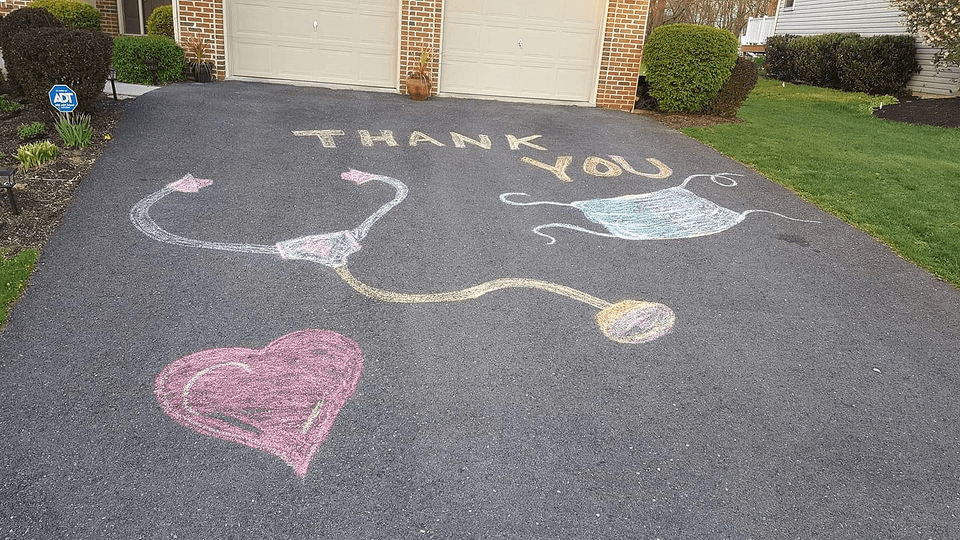Carleton community asked to contribute to COVID-19 archive
The archive serves as a centralized location for gathering materials that speak to the responses and experiences of the COVID-19 pandemic at Carleton and its communities.

Carleton College recently introduced a COVID-19 archive that focuses on the pandemic’s impact on Carleton and its communities, as well as the responses and experiences of those communities. Materials are now being collected to document life during this historic time in an effort help future historians and generations understand life and experiences during this pandemic.
The archive serves as a centralized location for collecting and gathering a wide variety of institutional and organizational responses, community responses, and personal responses. Collection items include anything from photographs, announcements, posters, emails, journals, and artwork, to oral histories, scrapbooks, diaries, social media posts and more. All submissions are welcome, but the participation of Carleton students, faculty, staff, alumni, neighbors, and community partners is especially encouraged.
Carleton’s COVID-19 archive was created in collaboration between the Public Works Initiative and the Broom Fellowship for Public Scholarship, with additional support provided by the Carleton College Archives and Professor Susannah Ottaway’s public history practicum, Historians for Hire. Public history students will curate submissions while also gathering materials for the archive themselves.
Once the urgency of the pandemic has passed, the items collected will be held by the Carleton College Archives, the Rice County Historical Society Archives, or the Northfield-Rice County Digital History Collection. In addition, publicly-contributed items may be share with the Journal of the Plague Year, the model for the Carleton COVID-19 archive that is collecting materials of the pandemic experience around the world.
You can contribute online to the Carleton COVID-19 Archive.